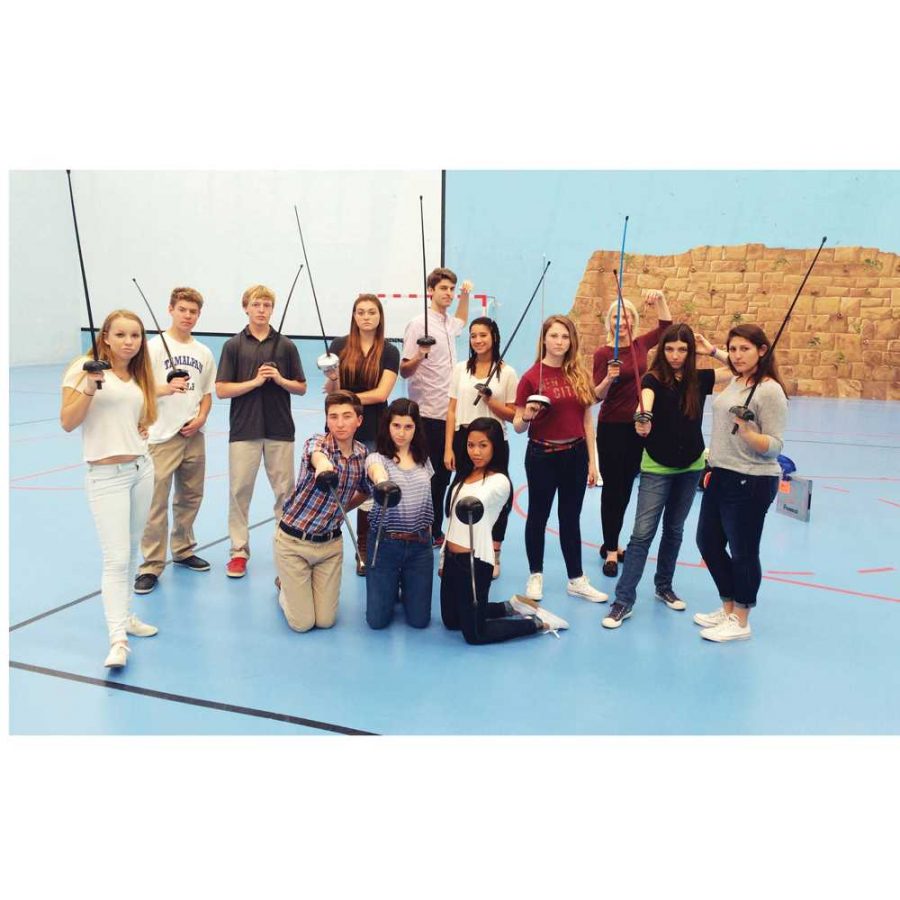
Photo courtesy of: Russell Wirth
The Tam High Foundation, a non-profit comprised of Tam parents, allotted a $30,000 experiential learning fund to be distributed by principal Julie Synyard for field trips and out-of-class learning. Previously, the foundation excluded field trips from its grants because, according to foundation chair Kelly Guyton, the foundation felt that it wasn’t in a position to determine whether field trips constituted a worthy use of foundation funds.
“With the increase in grant requests for more prevalent, interesting, and innovative learning trips, we feel this is the best way to address the funding,” Guyton said in an email interview. “Dr. Synyard, as a principal, is in a better position to determine if the requests are in sync with curriculum and enhance the classroom experience.”
Synyard, who also expressed gratitude to the foundation for its decision, said she plans to work with teacher leaders to develop a process for assessing field trip grant proposals. “I’d like to do this in a more shared leadership fashion,” she said. Synyard also plans to involve the foundation in decisions regarding field trip funding to maximize transparency and help balance the funds among various departments.
English Language Development Coordinator and English teacher Michael Levinson had previously advocated for foundation funding of school trips. Levinson, who tries to take his students to theatrical plays and California Film Festival screenings every year, said that field trips as well as other “extended learning experiences” and staff development have suffered from state funding cuts. Without foundation funding, he said, “really we have no way of raising money to do these things.”
“I like to get my students out of class to have experiences that go beyond the classroom, to put them in the field to write and learn and experience things that develop their intellectual curiosity,” Levinson said. “[The Foundation’s] response to me had [been], ‘We don’t fund field trips.’ I wanted that to change because they were really the only place for us to go to do this.”
Tam district policy dictates that field trips be available to all students, regardless of students’ ability to pay. But, said Levinson, without outside funding, making trips available to all students could be a challenge.
Guyton said that equal access to field trips was one main goal of the policy change. “We are hoping that this new process will enable all students to participate in experiential learning in a fair and equitable way,” she said. Guyton also cited the district’s trend towards project-based learning as a motivating factor.
Already, said Synyard, several “significant” field trip grant requests have been made. Because large requests would quickly drain the fund, Synyard hopes to use the money to supplement money raised by students and teachers through fundraisers. “I’m trying to figure out how we’re going to make this equitable,” she said.
Levinson plans to use the newly-available funds to explore other field trip opportunities and hopes other teachers will, too. “We live in a very rich area with a lot of educational opportunities,” Levinson said. “It’s great that the foundation would support things like that.”


